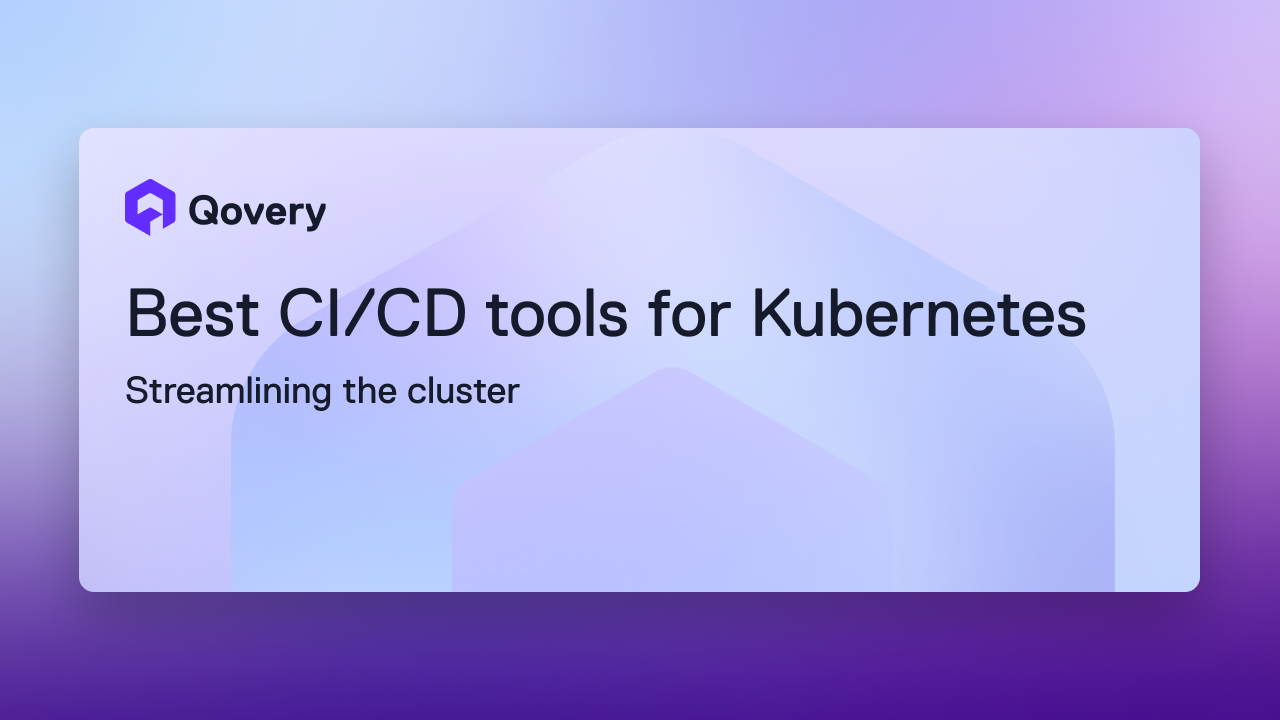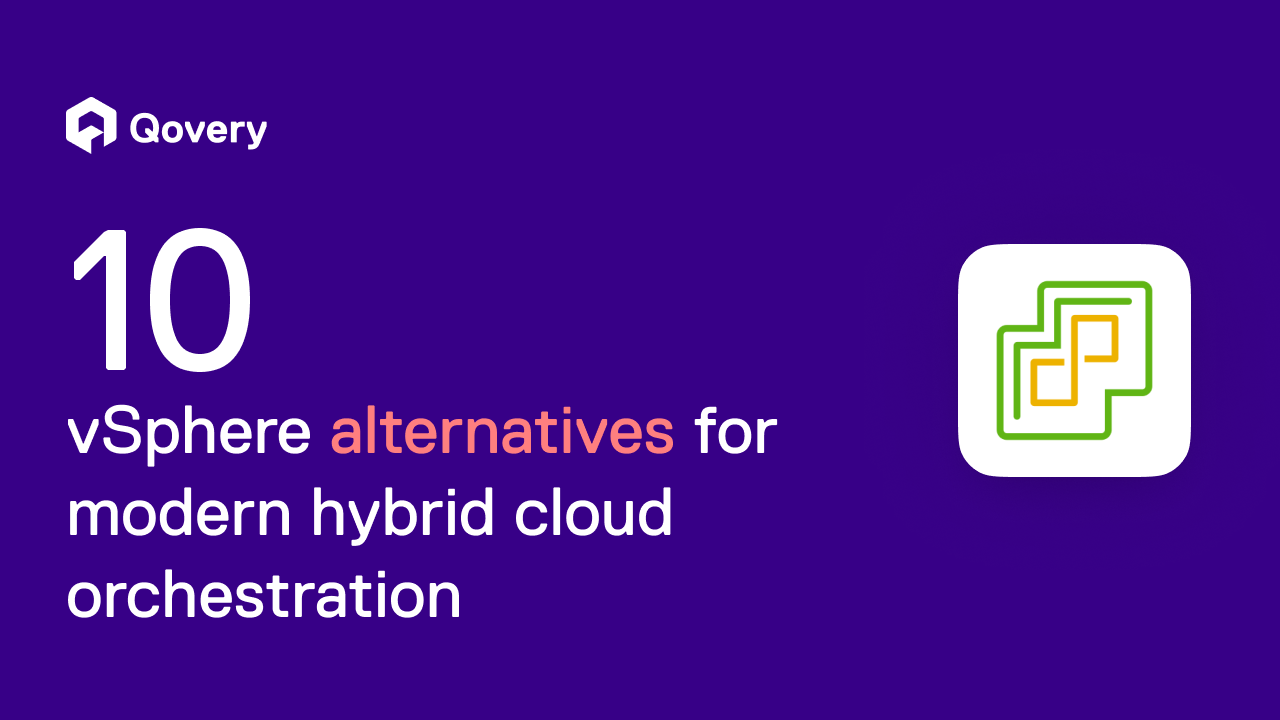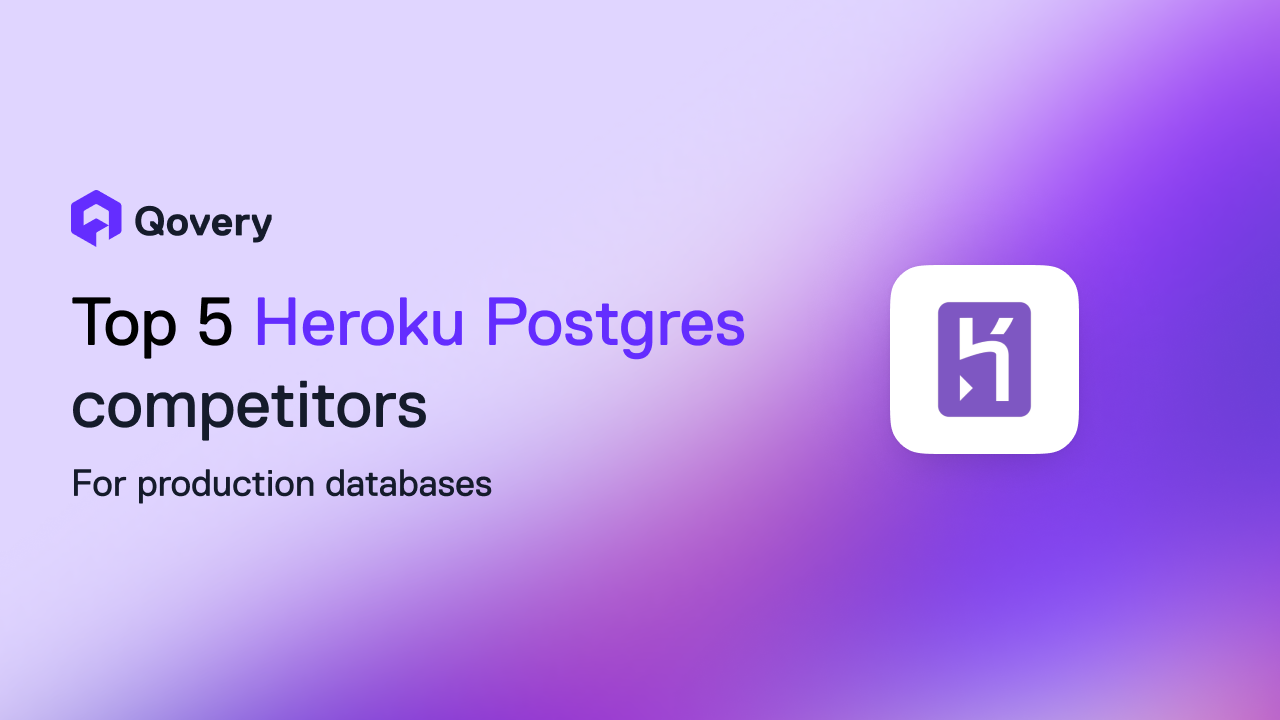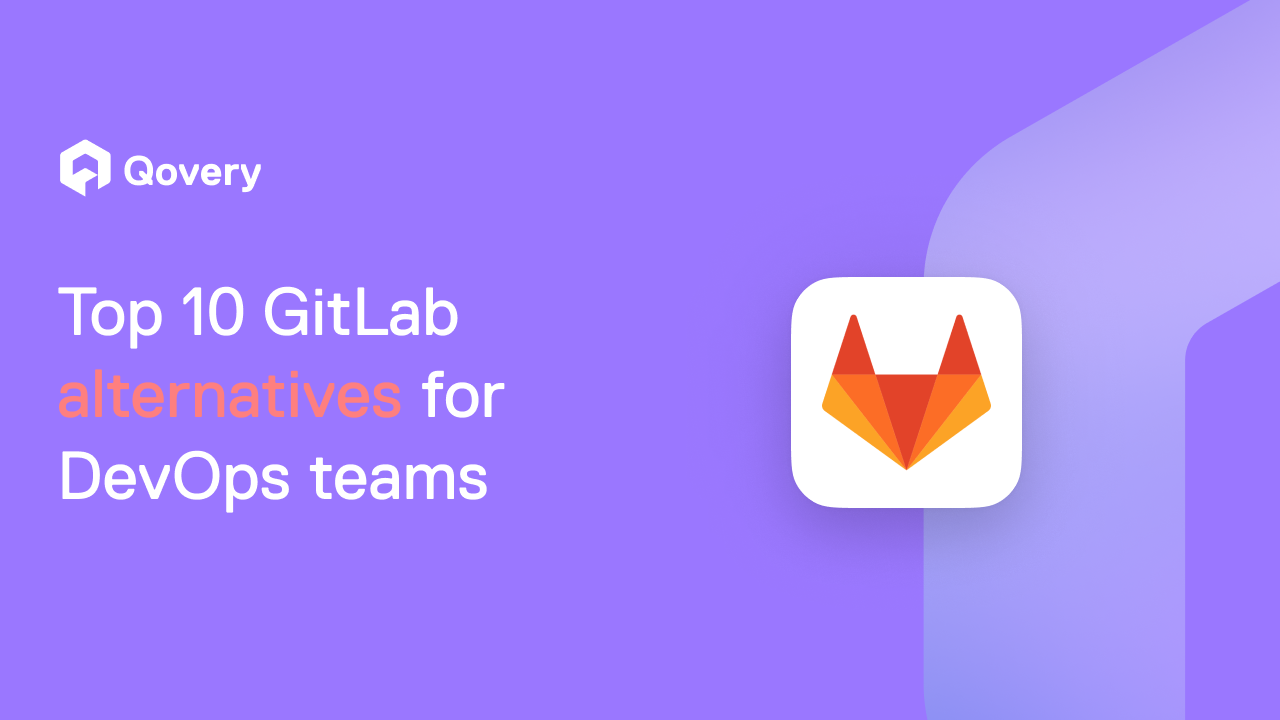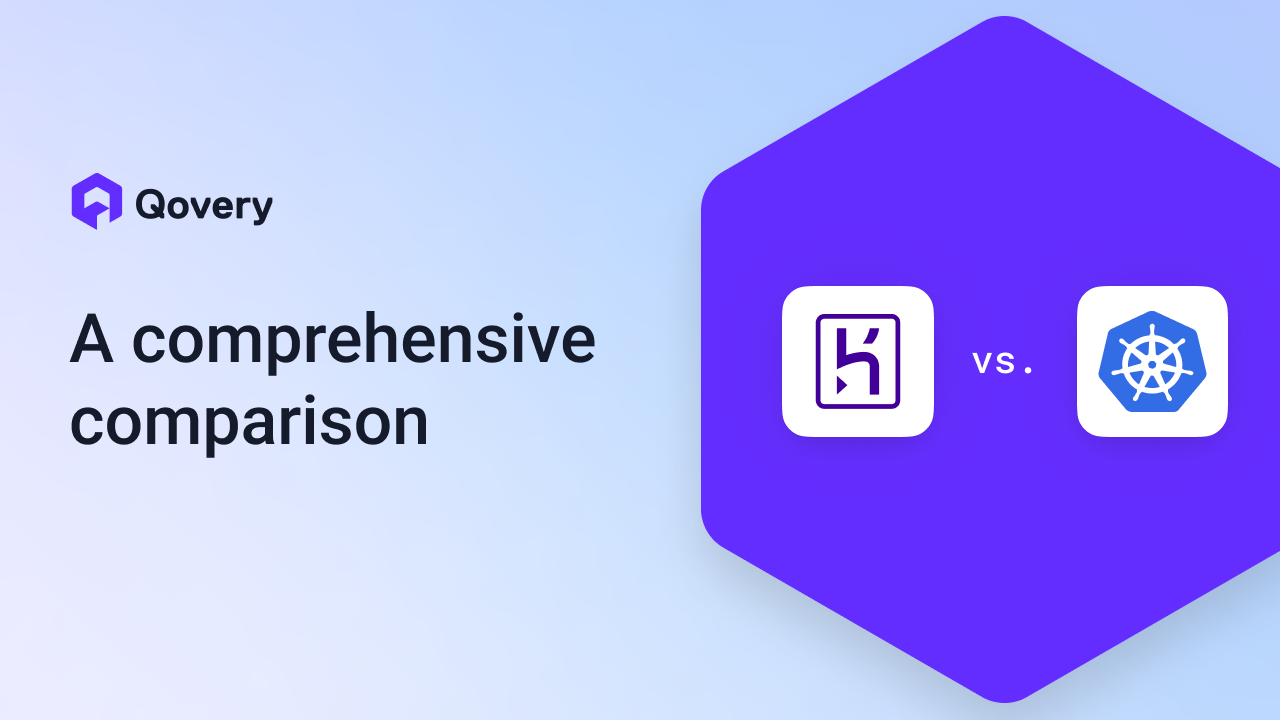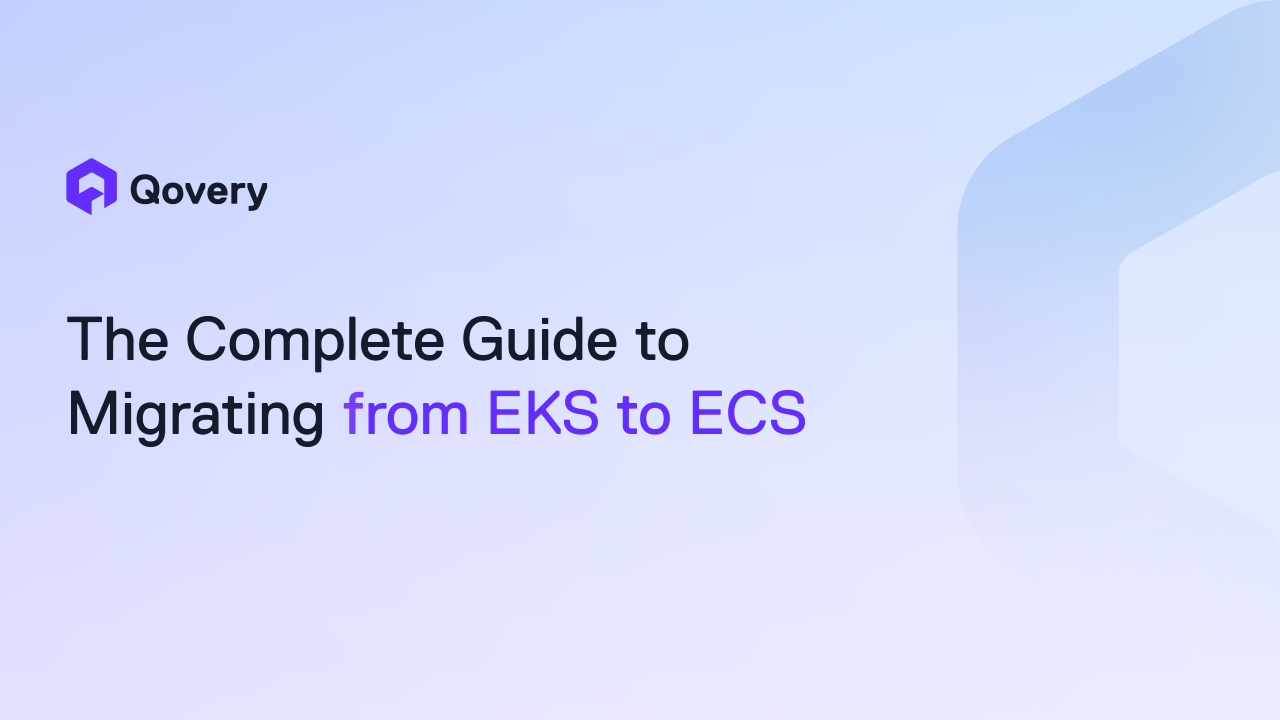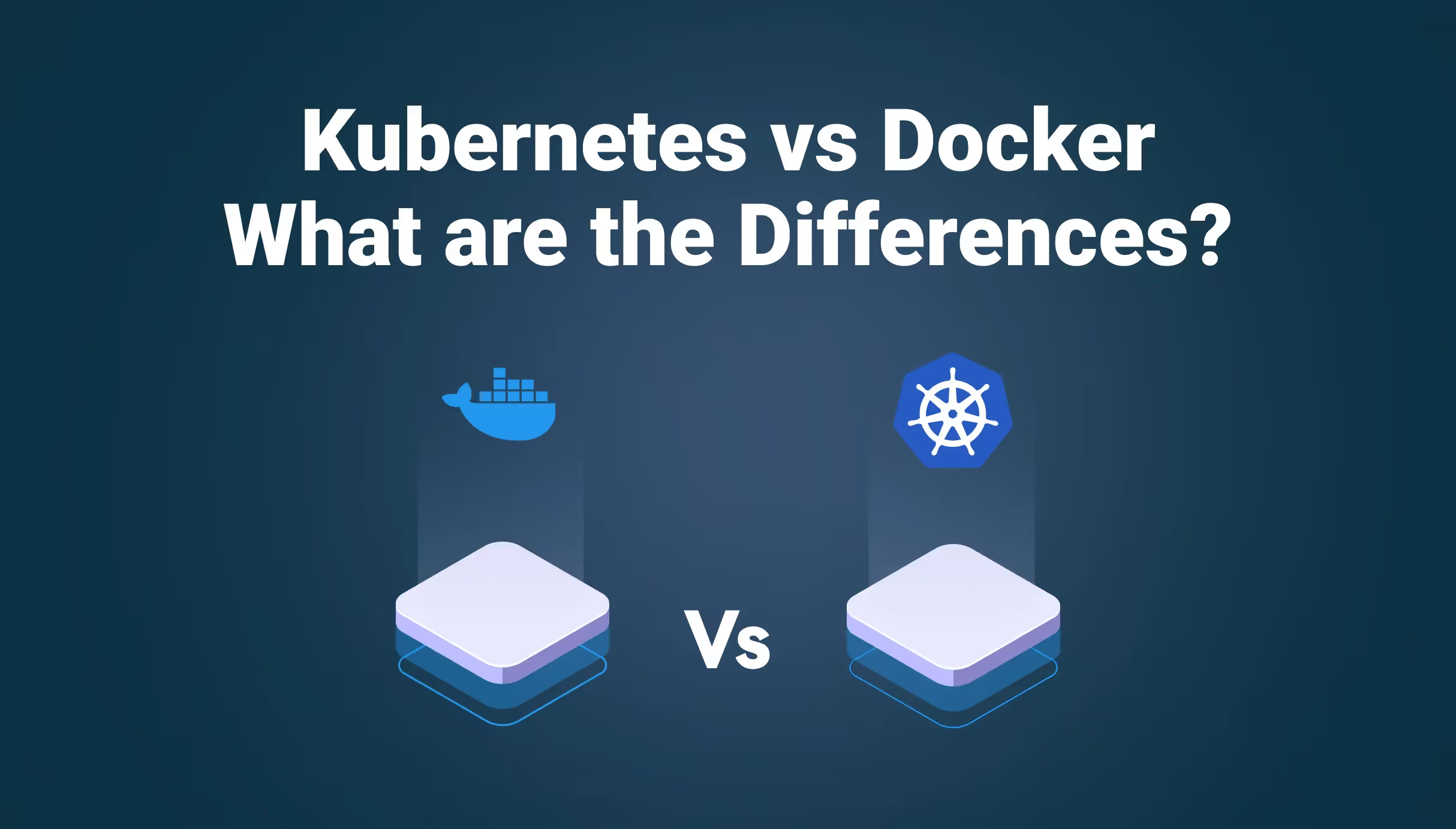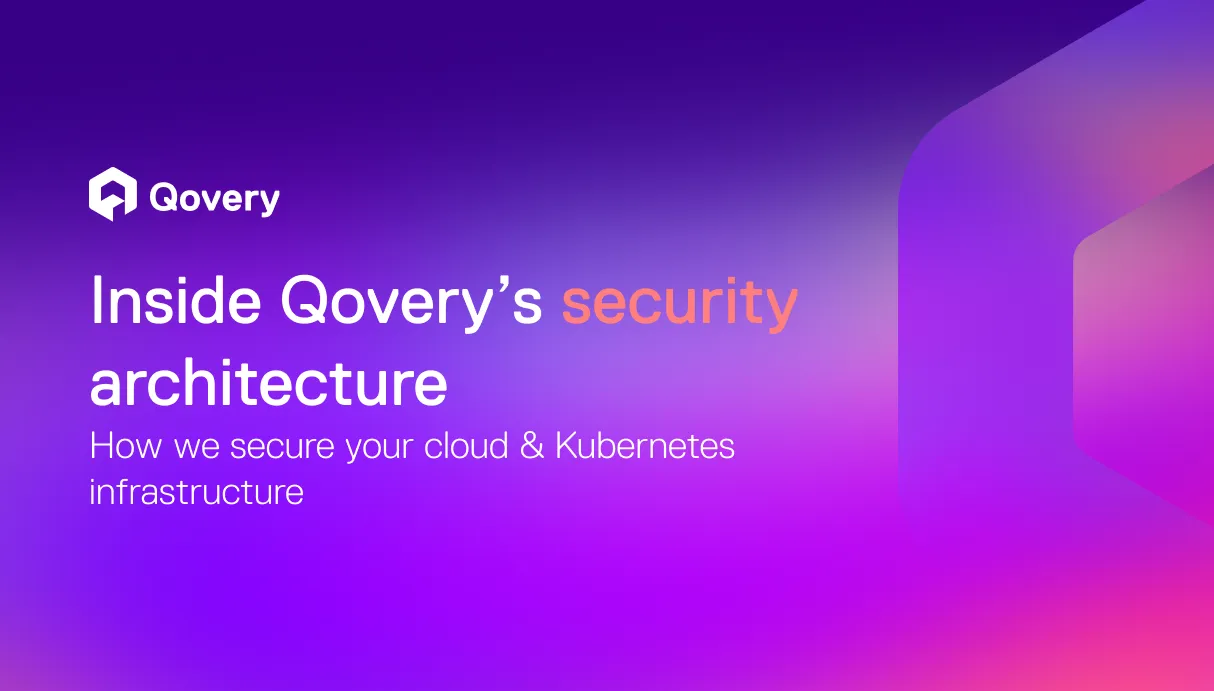
The 6 Best GitOps Tools for Developers



Key Points:
- GitOps Fundamentals: GitOps leverages Git repositories to automate and manage infrastructure and deployments, ensuring version control, auditability, and consistency across environments.
- Top Tool Recommendations: The article identifies six leading tools for various needs, including Qovery for comprehensive DevOps automation, GitHub Actions for integrated CI/CD, and specialized Kubernetes solutions like Flux, Gimlet, and ArgoCD.
- Selection Criteria: When selecting a GitOps tool, teams should evaluate their current tech stack, the learning curve involved, collaboration features, and the level of community or customer support available.
Imagine managing your cloud infrastructure with the same ease and version control as your application code. GitOps leverages Git as the single source of truth to improve efficiency, reliability, and security, offering key benefits:
- Automation: Automates infrastructure setup and deployments.
- Auditability: Keeps a history of changes for better traceability.
- Consistency: Ensures that environments are reproducible.
- Collaboration: Makes it easy for teams to work together using Git.
Because GitOps is a strategic approach rather than a one-size-fits-all solution, selecting the right tools for your specific needs is critical. Below, we explore the top six GitOps tools to help streamline your workflow and enhance productivity.
The 6 best GitOps tools for developers
1. Qovery
Qovery is a powerful DevOps automation tool that makes deploying applications and managing cloud environments across multiple cloud providers easy. It integrates with Git, letting you manage infrastructure and deployments straight from your repositories.

Key features:
- Automated CI/CD pipelines: Automates everything from code commit to deployment.
- Multi-cloud support: Works with AWS, Azure, Google Cloud, and more.
- Developer self-service: Lets developers deploy and manage apps without needing deep DevOps skills.
- Built-in security: Ensures compliance with automated security checks.
Why it’s ideal for developers:
Qovery is great for teams that want to simplify their DevOps processes. Its automation features reduce the workload, so developers can focus on writing code.
2. GitHub Actions
GitHub Actions is a powerful tool built into GitHub that automates CI/CD pipelines directly from your repositories.
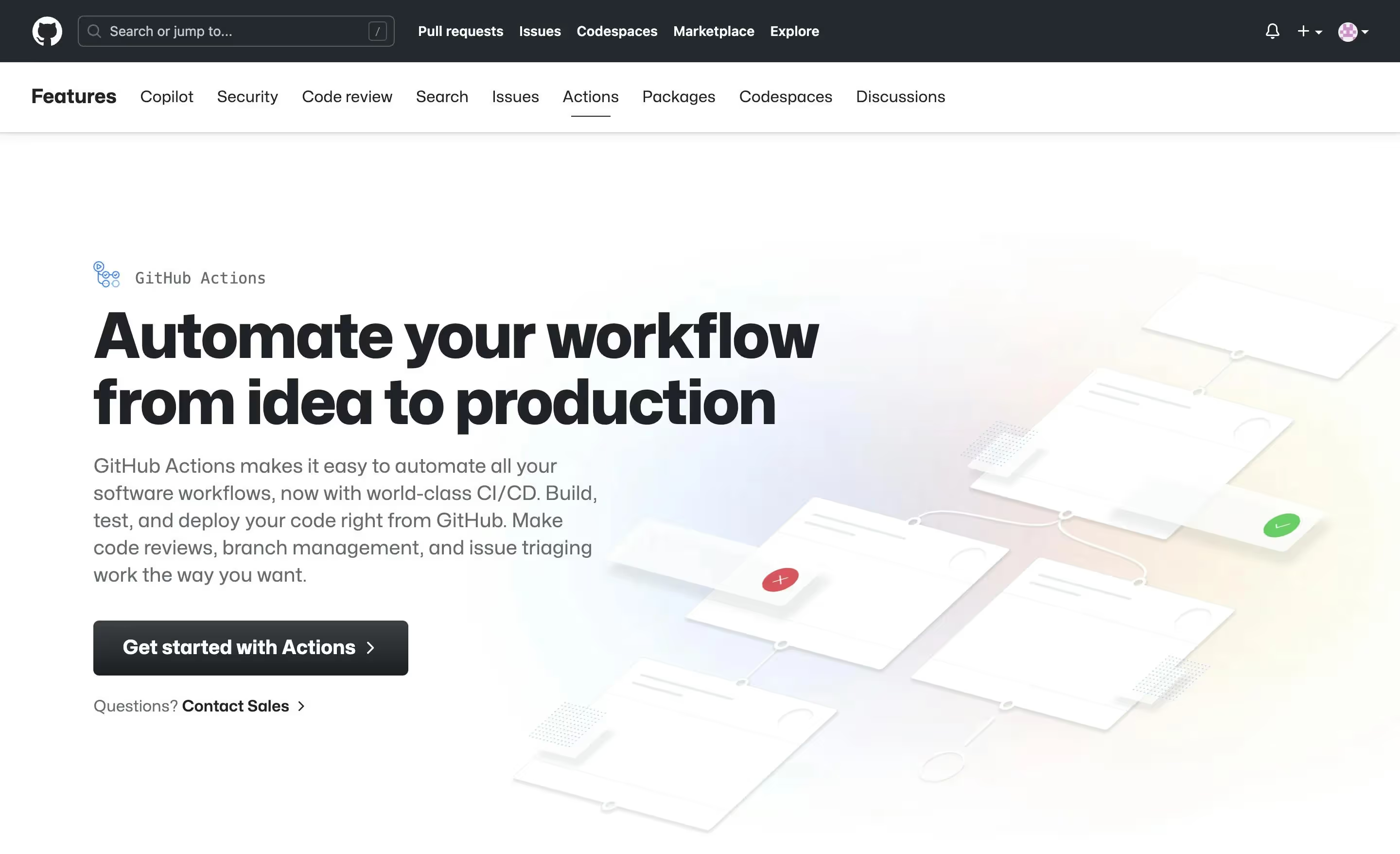
Key features:
- Integrated CI/CD: Automate builds, tests, and deployments.
- Flexible workflows: Customize with a wide range of pre-built actions.
- Security scanning: Automated checks for vulnerabilities.
- Seamless GitHub integration: Works perfectly with GitHub repositories.
Why it’s ideal for developers:
If you’re already using GitHub, GitHub Actions is a no-brainer. It integrates deeply with GitHub, making it easy to automate your workflows and enhance collaboration.
3. Pulumi
Pulumi is an Infrastructure as Code (IaC) tool that lets you manage infrastructure using familiar programming languages.

Key features:
- Code-Based Infrastructure: Define and manage infrastructure using languages like TypeScript, Python, and Go.
- Multi-cloud support: Works with various cloud providers.
- Automation: Automate infrastructure provisioning and updates.
- State management: Tracks infrastructure state to ensure consistency.
Why it’s ideal for developers:
Pulumi is great for developers who prefer using code to manage infrastructure. It integrates well with GitOps practices, making deployments consistent and automated.
4. Flux
Flux is a lightweight tool for continuous delivery in Kubernetes, keeping your cluster state in sync with your Git repository.
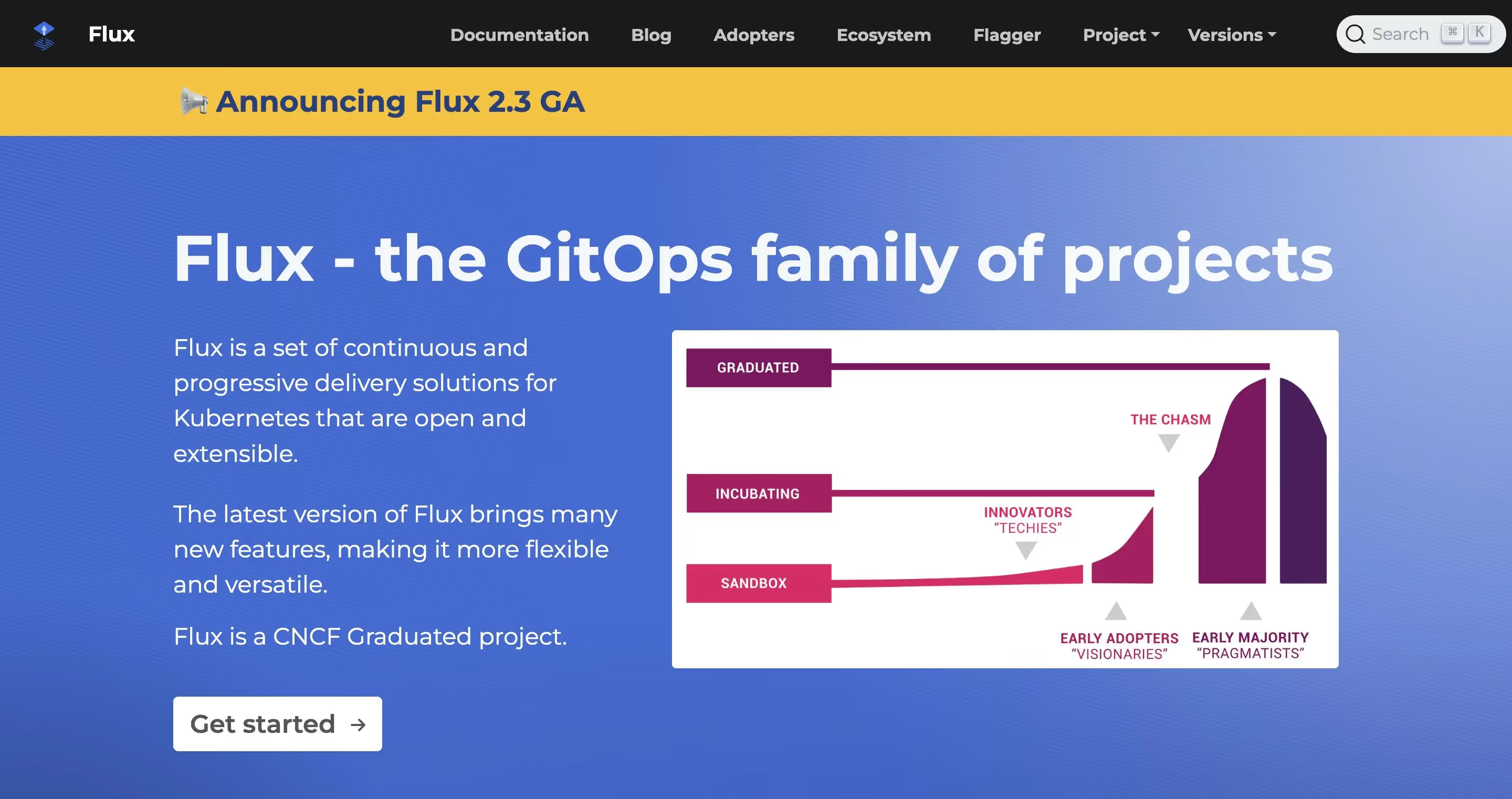
Key features:
- GitOps synchronization: Continuously syncs your cluster with Git.
- Automated deployments: Deploy container images automatically.
- Scalability: Handles large, complex environments.
- Easy integration: Works well with other Kubernetes tools.
Why it’s ideal for developers:
Flux is perfect for developers working with Kubernetes. It’s simple to use and ensures your cluster state matches your Git configurations.
5. Gimlet
Gimlet is an open-source GitOps platform that simplifies Kubernetes for developers.

Key features:
- Application templates: Ready-to-use templates for common setups.
- Environment management: Easily manage multiple environments.
- Metrics and Monitoring: Built-in tools for monitoring and metrics.
- Developer-centric: Makes Kubernetes accessible without needing deep expertise.
Why it’s ideal for developers:
Gimlet is designed to make Kubernetes easy for developers. Its user-friendly approach helps teams adopt GitOps practices quickly.
6. ArgoCD
ArgoCD is an open-source tool for GitOps continuous delivery in Kubernetes. It automates deployment and lifecycle management.
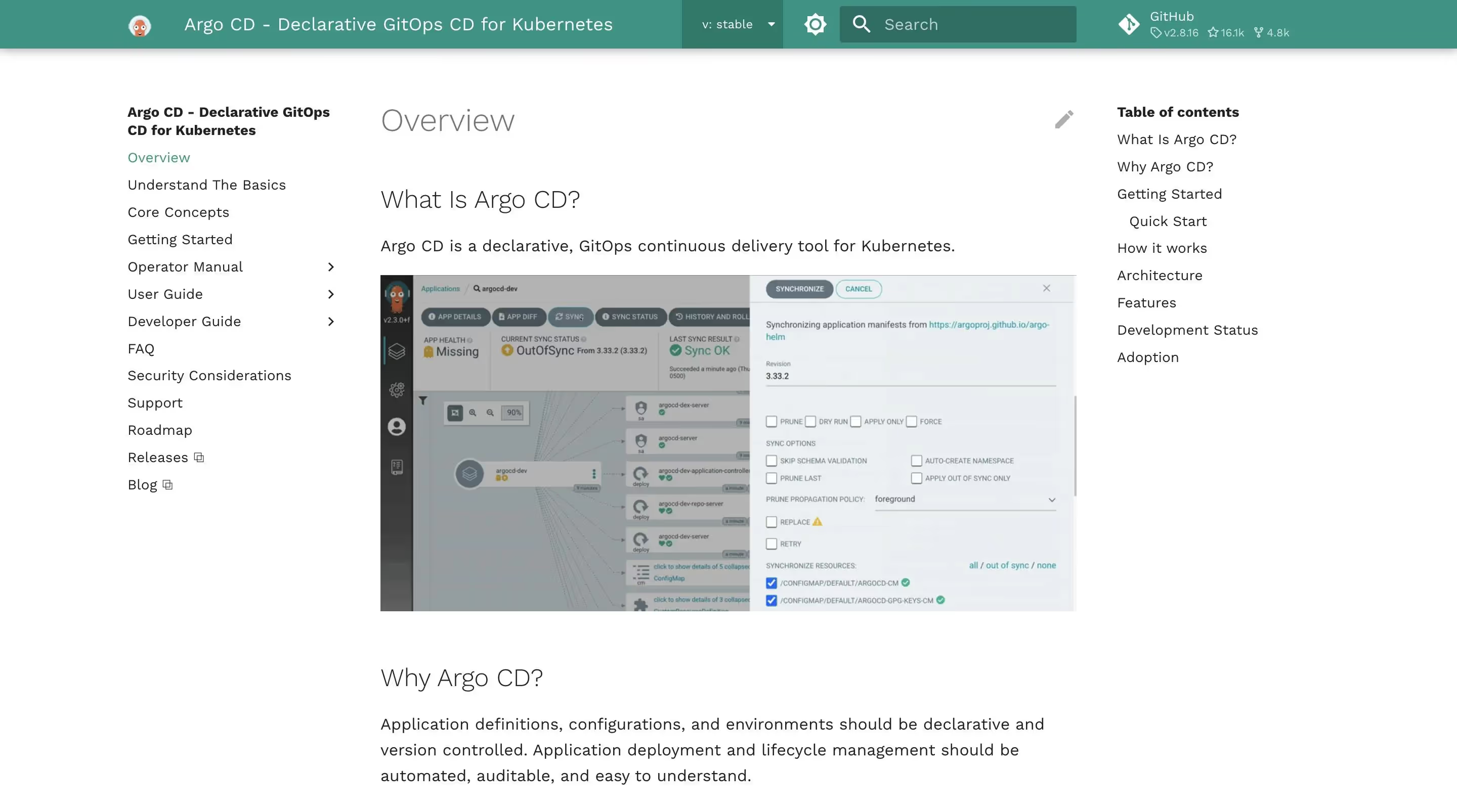
Key Features:
- Declarative GitOps: Uses Git repositories to manage application states.
- Multi-cluster management: Easily handle deployments across clusters.
- Automated rollbacks: Quickly revert to previous versions if needed.
- Tool integration: Works with Helm, Kustomize, and other tools.
Why it’s ideal for developers:
ArgoCD is powerful for Kubernetes environments but has a bit of a learning curve. Once set up, it simplifies complex deployments and ensures your applications are always in the desired state.
How To Choose the Right GitOps Tool for Your Dev Team
Choosing the right GitOps tool is crucial for streamlining your workflows and maximizing efficiency. Here are some factors to consider:
- Existing environment: Ensure the tool integrates well with your current tech stack. This reduces friction during adoption and makes it easier to incorporate the tool into your existing processes.
- Learning curve: Evaluate how easy it is for your team to learn and use the tool. A steep learning curve can slow down adoption and reduce initial productivity.
- Collaboration: Look for tools that promote teamwork and make it easy to share configurations, scripts, and workflows across the team.
- Support: Consider the availability of support, whether through an active open-source community or dedicated customer service. Good support can significantly reduce troubleshooting time and improve overall user experience.
It’s important to assess your team’s specific needs and workflows when choosing a GitOps tool. The right tool will not only fit into your existing processes but also enhance productivity and collaboration.
Wrapping up
GitOps tools are essential for developers working in organizations looking to automate their CI/CD pipelines, enhance collaboration, and maintain consistency across their workflows.
From comprehensive DevOps Automation solutions like Qovery to specialized tools like Flux and ArgoCD, there are options to fit various needs and expertise levels. Choosing the right GitOps tool can greatly enhance productivity and streamline operations.

Suggested articles
.webp)



.svg)
.svg)
.svg)
